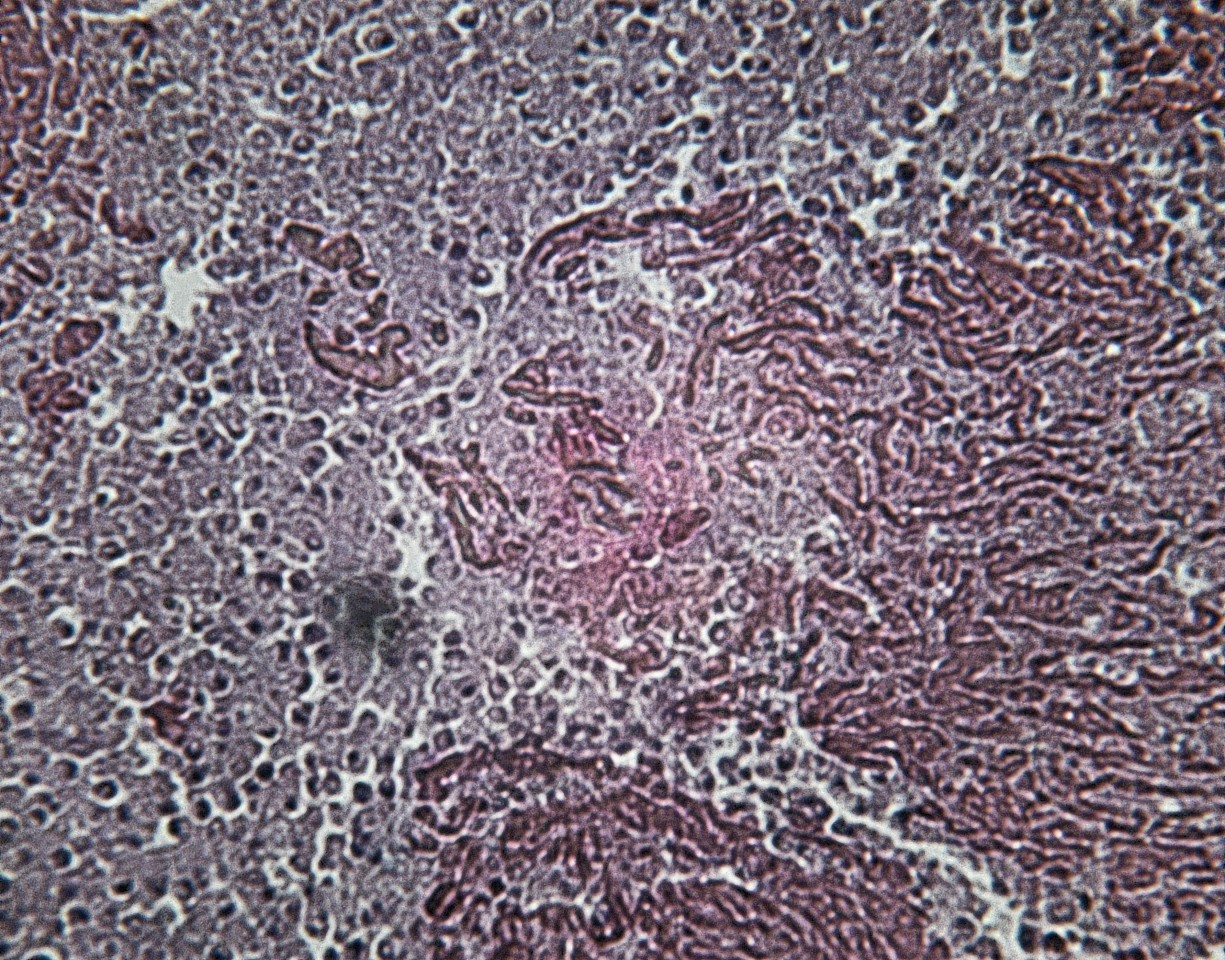A research team from Aberdeen University has made a vital discovery in the fight against tuberculosis which still affects around nine million people every year.
Scientists in the city have helped to identify a key molecule which makes some people more susceptible to the disease than others.
Professor Gordon Brown led the latest study into the disease, which claimed one-and-a-half million lives last year.
He said: “Tuberculosis (TB) caused by Mycobacterium tuberculosis is one of the leading causes of infectious disease-related death worldwide but we still do not fully understand how the immune system reacts to the disease.”
Mr Brown said the team had been able to identify key pattern recognition receptors (PRRs) which detect pathogens in the immune system.
He added: “We have been able to identify one of these key receptors and how a genetic change in this receptor increases susceptibility to TB.
“This could mean that we could able to identify some of those most likely to get TB at an earlier stage.
“A better understanding of the disease is crucial if we are to cope with infections, particularly as drug resistance increases.
“We hope that in the longer term this step forward in our understanding of how the immune system recognises TB might lead to better diagnostic tools and better outcomes for those with the infection.”
Mr Brown and his colleagues worked with researchers from South Africa, Indonesia, Japan, Holland and England on the study.
